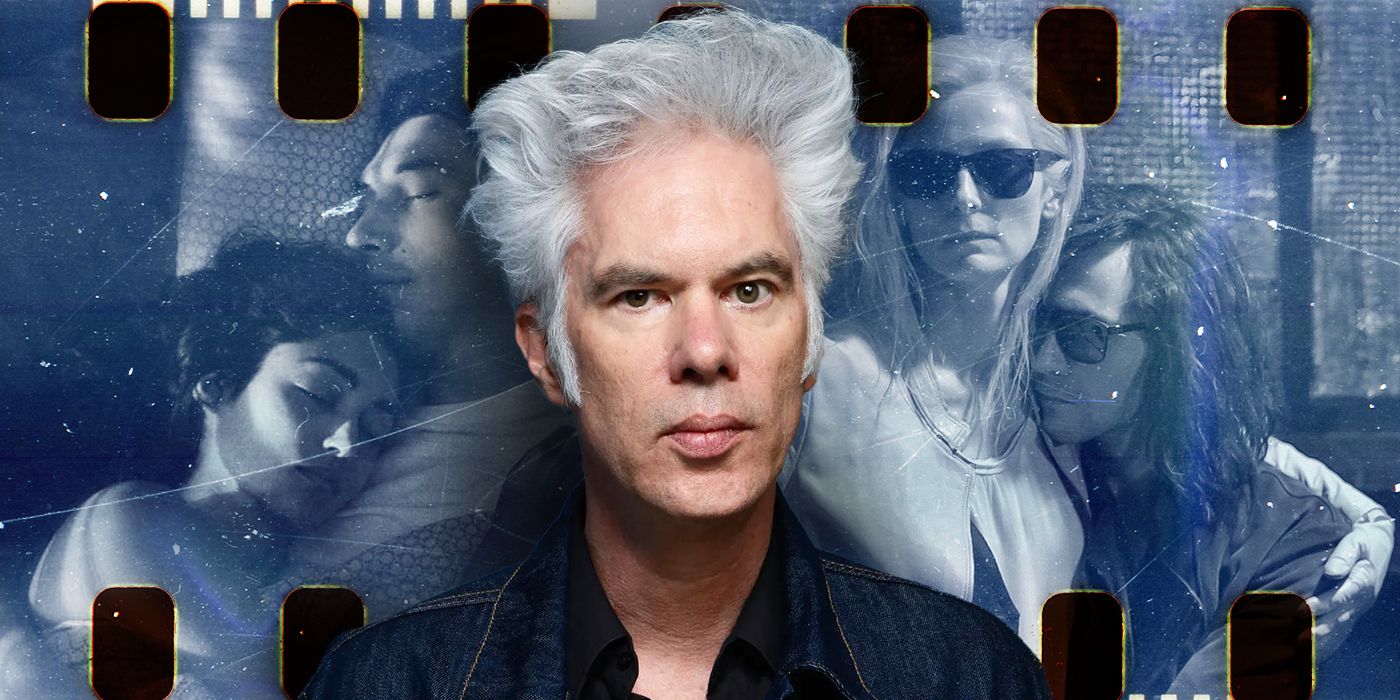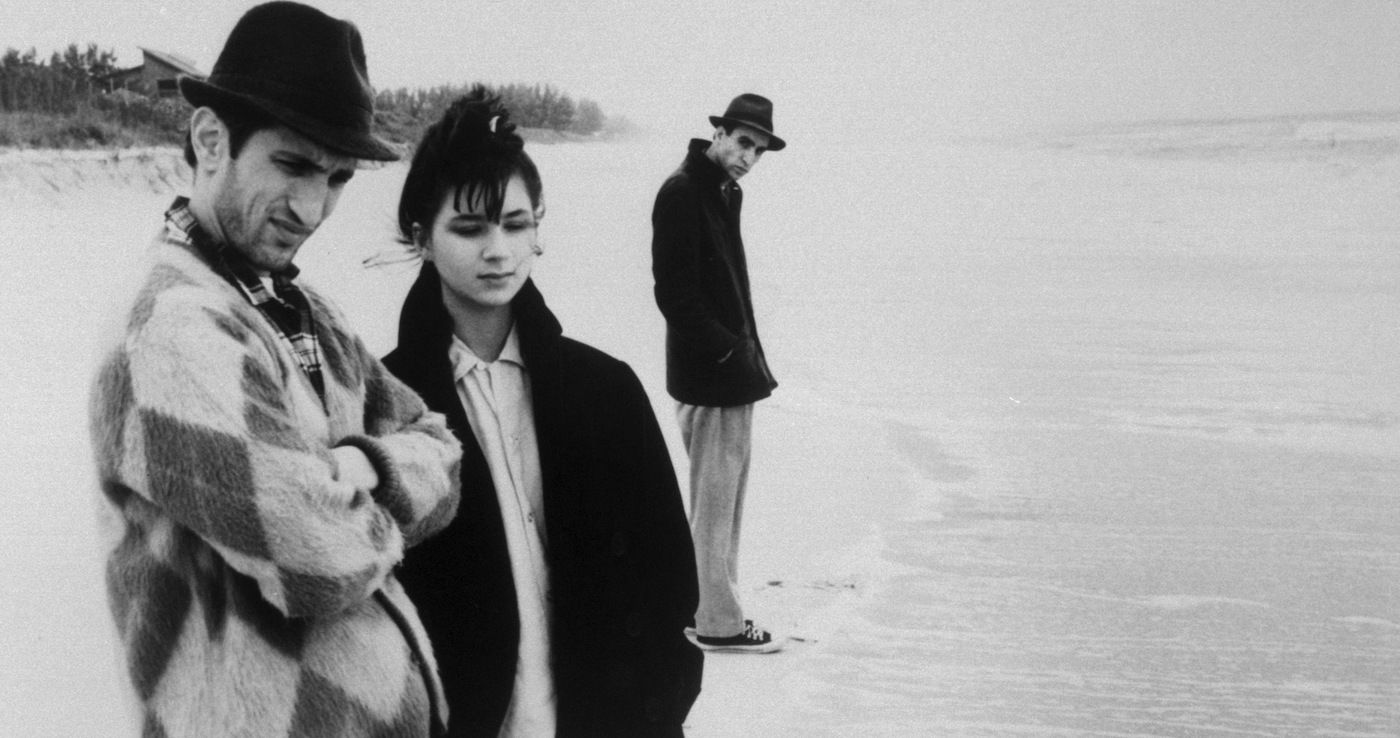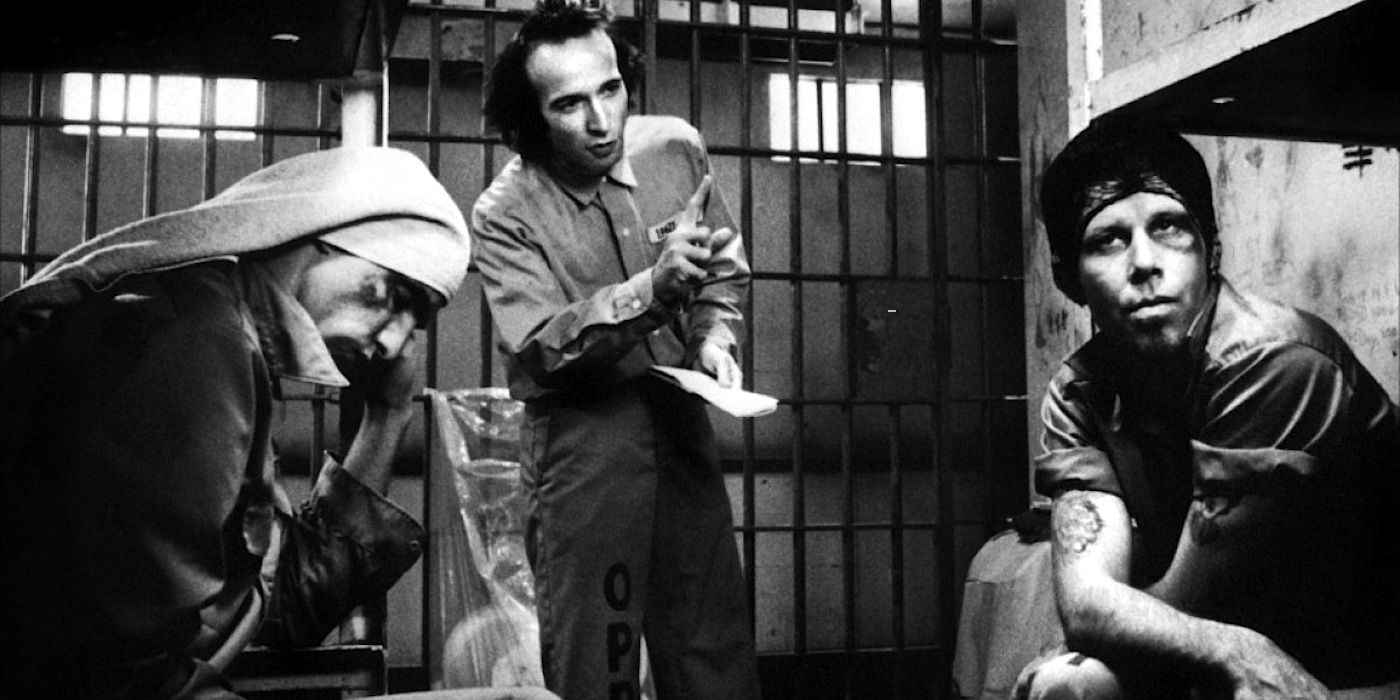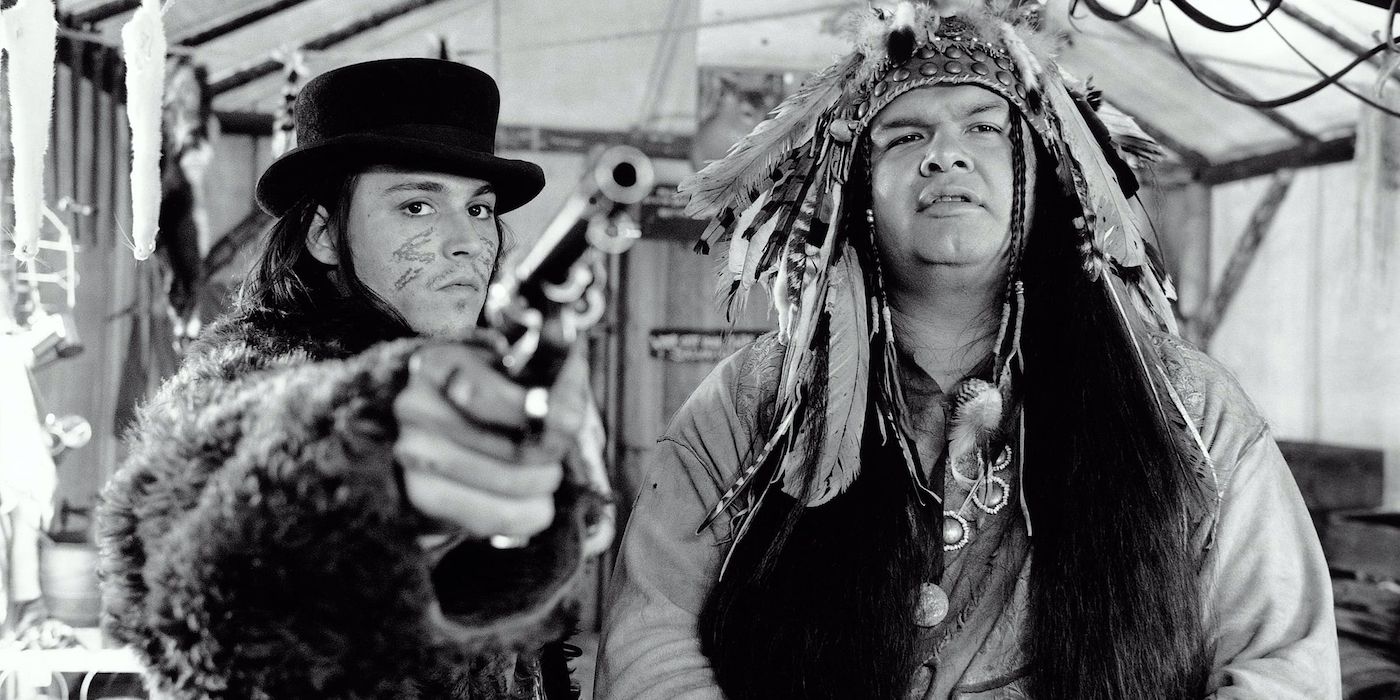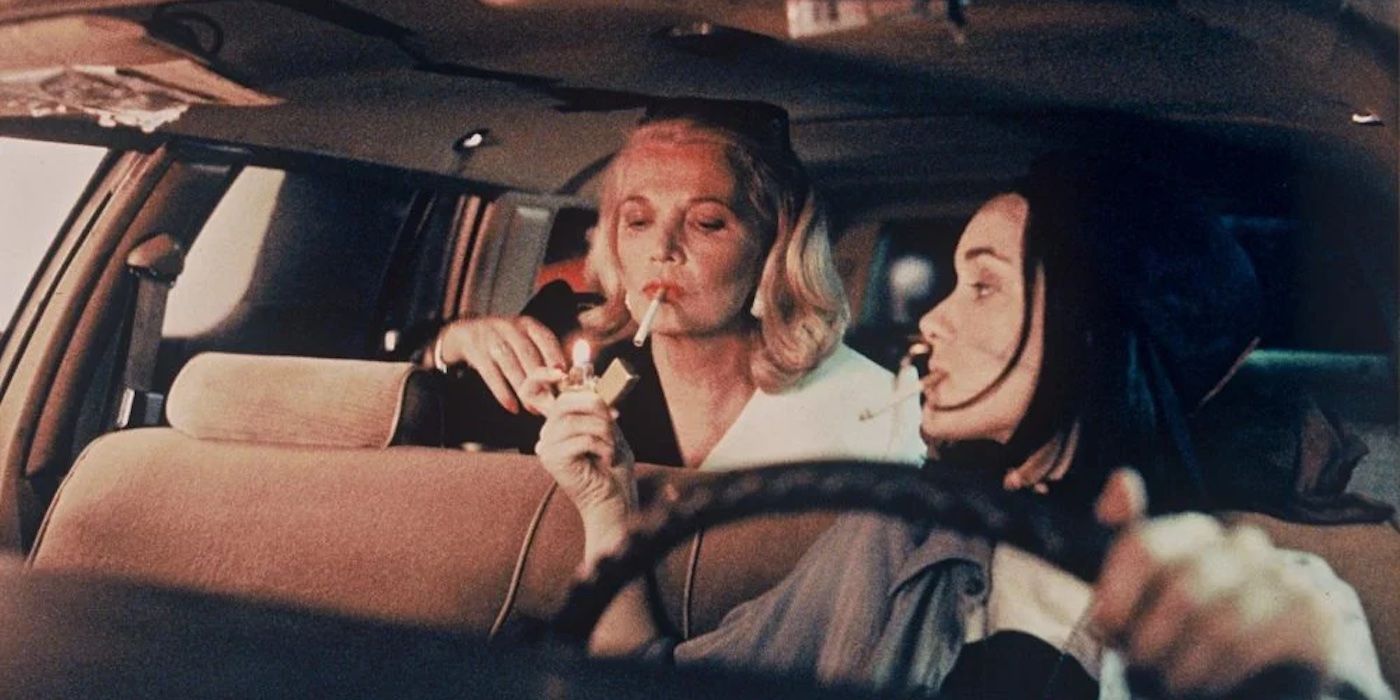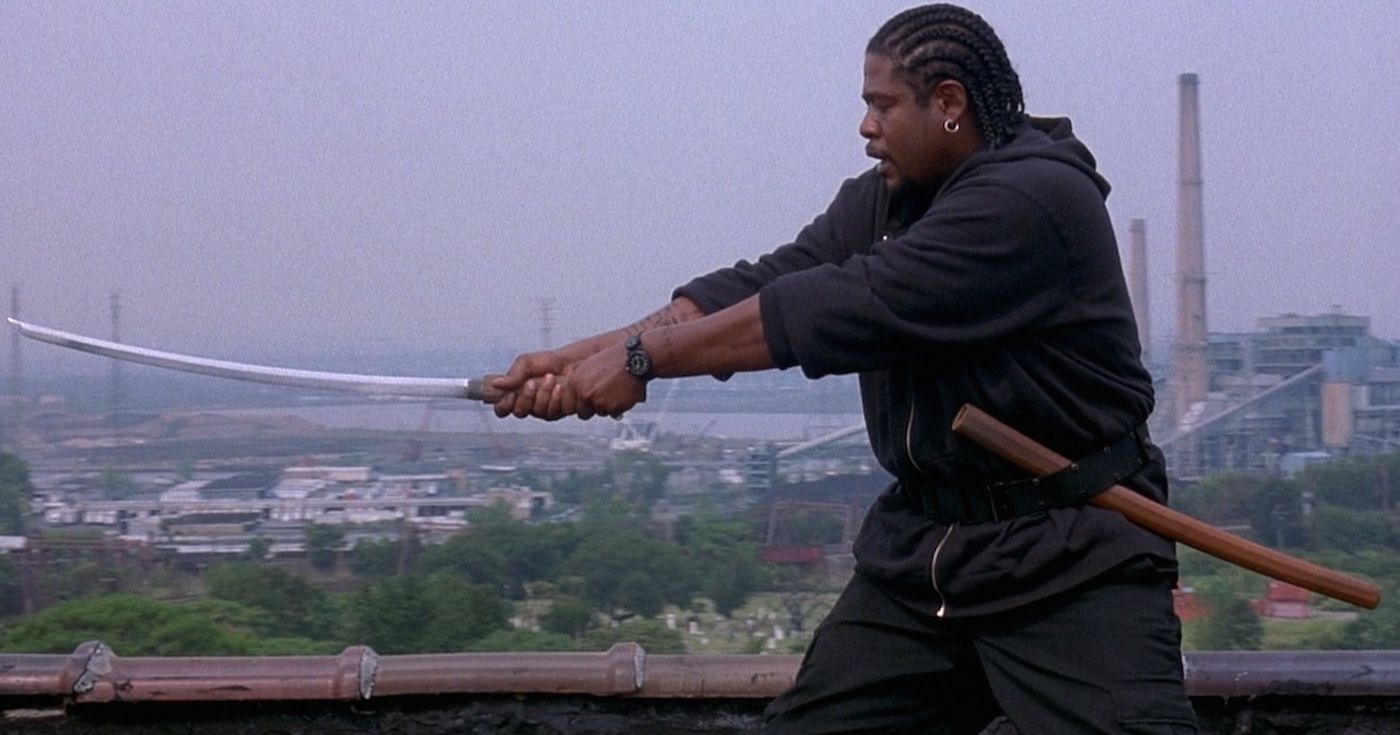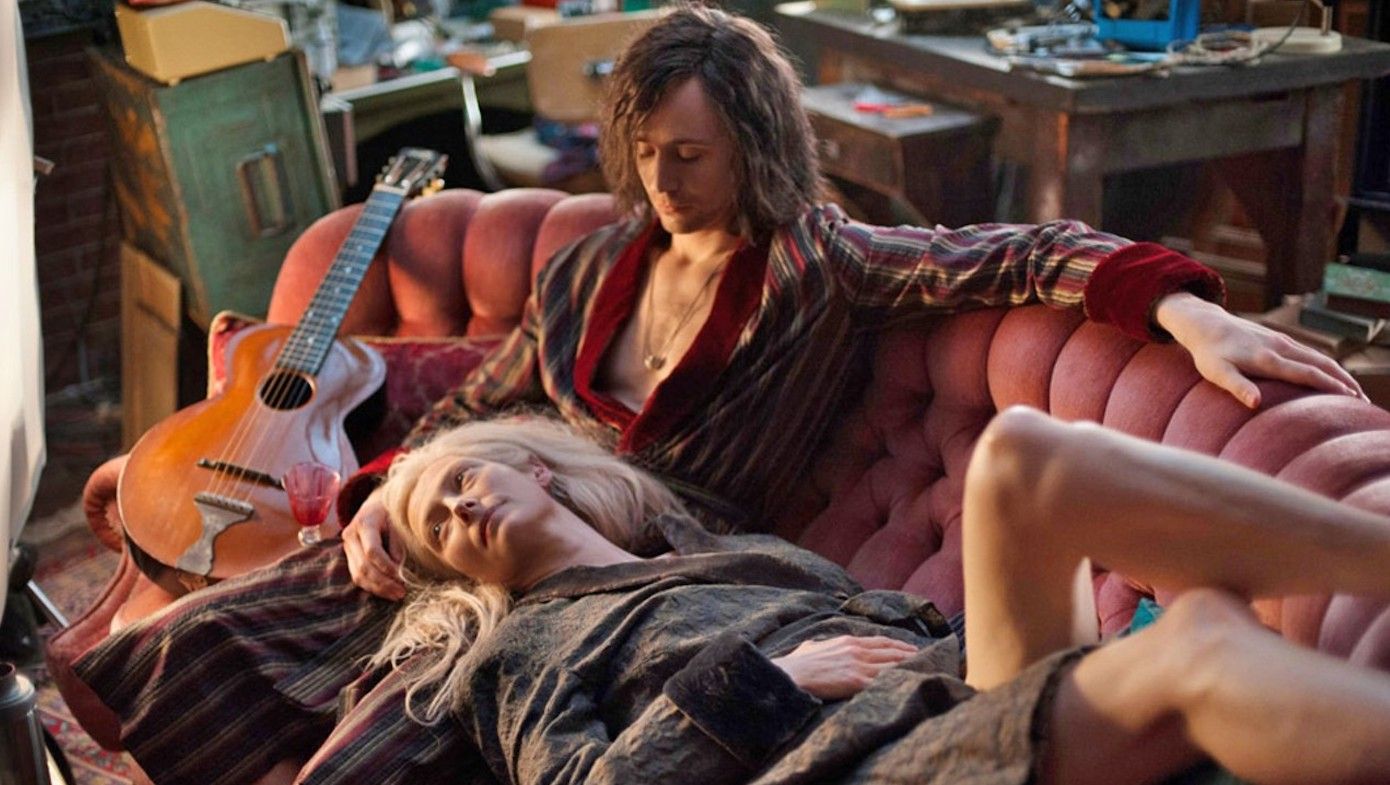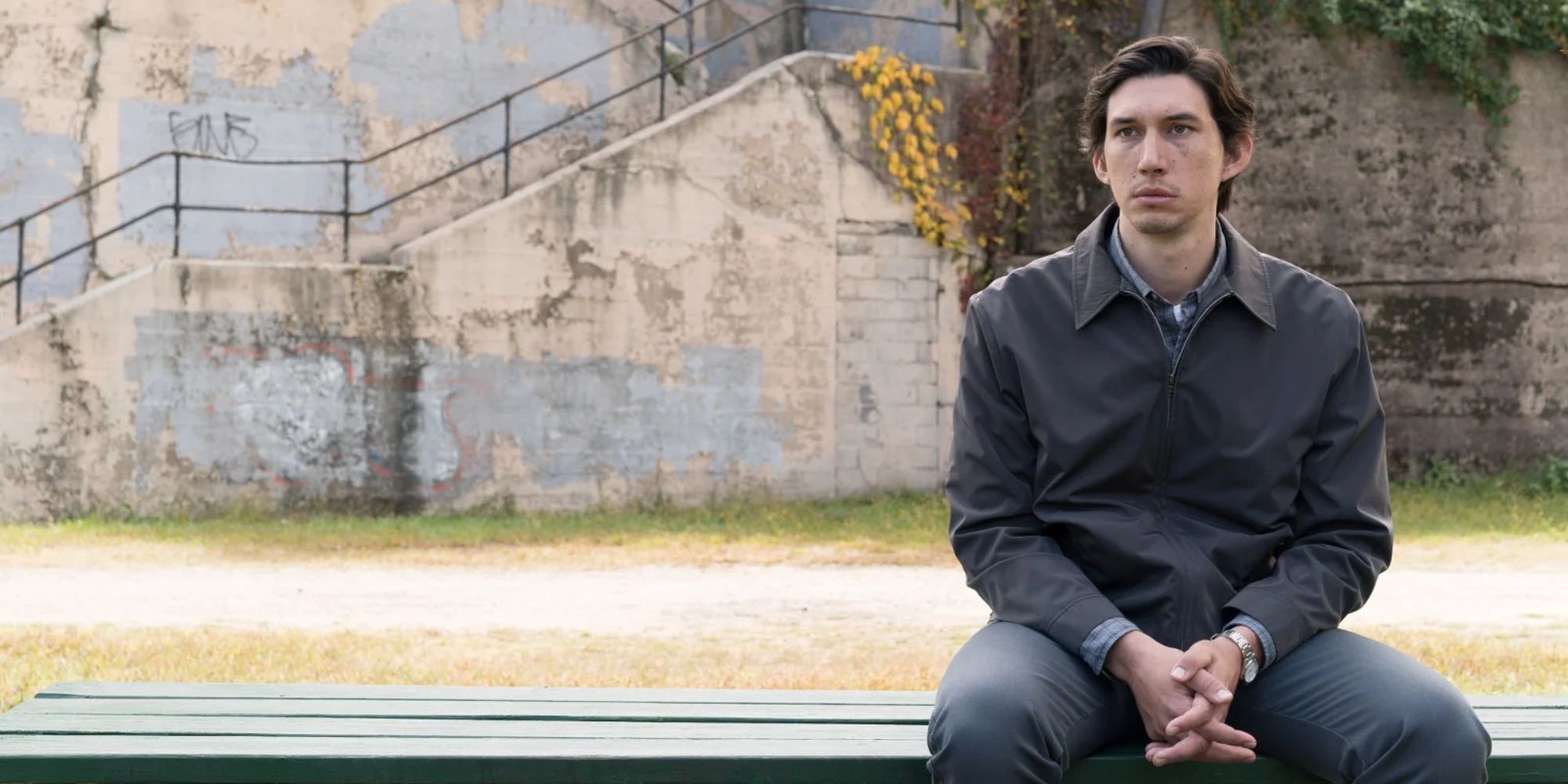Jim Jarmusch helped reinvent independent American cinema in the 80s and 90s, creating a signature style of mellow, ultra-hip films about slackers and misfits. His obsession with music, films, culture, and philosophy is incomparable, and he accomplishes the tricky task of blending seemingly incongruous pieces of culture together seamlessly. He's worked closely with esteemed musicians such as Tom Waits and Wu-Tang Clan’s the RZA, as well as high-profile film stars (Tom Hiddleston, Bill Murray, and Johnny Depp, just to name a few). As a writer and director, Jarmusch has the kind of singular style that is simultaneously imitable and immediately recognizable. The movies he makes are interested in being stylish, but they aren't willing to sacrifice substance as a result. With as much acclaim and influence as Jarmusch has earned, it’s perfectly obvious that his films are essential viewing, but as always, it's difficult to know where to start. We've compiled a list of the 7 most essential films from the director to help you start the deeply rewarding journey through his filmography.
Stranger Than Paradise
After dropping out of school to shoot his debut feature Permanent Vacation, Jarmusch shot his smash-hit sophomore film Stranger Than Paradise. The movie is a sure-footed masterpiece that puts its director at the forefront of major emerging talents in the American film scene. The film follows Willie (John Lurie) as his Hungarian cousin Eva (Eszter Balin) comes to visit. Along with Willie’s close friend (Richard Edson), they begin on a strange, meandering journey across the American landscape. There's a language to Stranger Than Paradise that hadn't quite previously existed. It's aimless and laidback with each of the actors giving a sort of aloof non-performance. They're certainly trying to get somewhere, but it doesn't seem to matter that much if they ever get there. It works perfectly, and it aligns with the suave, cool aesthetic of the film. The camera is set up with immaculate simplicity: there are lengthy, uninterrupted shots that often don't move. Even if the journey is more careless than most, the sense of self-discovery made along the way is as poignant as any other.
Down By Law
Jarmusch gives birth to one of cinema's most endearingly ill-matched odd trios in Down By Law, a jailhouse comedy about three outcasts (Tom Waits, John Lurie, and Roberto Benigni), each of whom finds himself unwittingly arrested. Before long, their explosive personalities collide, but it's only through remaining together that they have any chance of surviving their unfavorable circumstance. Each of the actors delivers a knockout performance, crafting an equally flawed but lovable character impossible to turn away from. Filmed in grainy, picturesque black-and-white by Robby Müller, Down By Law is one of Jarmusch's sharpest-looking works. The dark, nighttime streets of New Orleans are captured beautifully, as is the graffitied grime of the jail cells and the sprawl of the Louisianan swamp. John Lurie contributes a bluesy guitar-driven score, and the soundtrack features several cuts from Tom Waits's own discography. The end result is a cool-as-hell buddy comedy about three guys who couldn't be more different but nonetheless find themselves stuck together.
Dead Man
The psychedelic-western Dead Man follows accountant William Blake (Johnny Depp) as he makes his way across a bizarre 1800s America. He soon befriends an indigenous man named Nobody (Gary Farmer), who helps him on his journey. Along the way, the two encounter a diverse cast of sex workers, lawmen, outlaws, vagabonds, and missionaries. Jarmusch acknowledges the tropes and expectations of the typical western film and fully avoids them. Dead Man is a cerebral, monochromatic reinterpretation of the genre. The script is filled with anachronistic character names (references to 20th-century figures in a 19th century-set story) and adheres to the typical Jarmuschian cross-cultural blending. An improvised guitar score by Neil Young blends perfectly with the stark western landscape. It's also worth noting that Dead Man takes a respectful, non-stereotyping look at the many Native tribes that inhabit America. There's so much to offer here, and the end result is a complicated and endlessly rewarding period piece unlike any other.
Night on Earth
A series of vignettes takes Night on Earth on several taxi rides all occurring in a single night. As seen in Coffee and Cigarettes and Mystery Train, Jarmusch has a knack for creating anthology films in which each installment is as quality as the last, and Night on Earth is even further proof. Winona Ryder, Giancarlo Esposito, Gena Rowlands, and an international ensemble cast tightly pack together in the film’s runtime. As much an observation of the vespertine hours of city life as it is an appreciation for cab drivers and their passengers, Night on Earth is a welcoming experience. It is as outrageously funny as it is profound. Like the most skilled cabbie in town, Jarmusch effortlessly escorts the viewer through a series of experiences in some of the earth’s most beautiful cities (New York, Rome, Paris, Helsinki) and shows the innumerable differences – and similarities – between them.
Ghost Dog: Way of the Samurai
In Ghost Dog: Way of the Samurai, Jarmusch reimagines John-Pierre Melville’s Le Samourai as a 90’s American mob film, mixing in elements of Japanese samurai philosophy, hip-hop culture, and cartoons along the way. Forest Whitaker plays the titular Ghost Dog, an enigmatic mafia hitman who operates according to the ancient code of the samurai. After Ghost Dog is tasked with a risky hit, the precarious balance of his life threatens to topple over. The film is a slick, enthusiastically weird movie that carves its own path with confidence. Whitaker provides a teddy bear charm to his nearly silent protagonist, and Jarmusch’s script gives him enough moments of vulnerability to ensure a deep connection is made by the end of the film. A thumping hip-hop score provided by RZA plays throughout the movie, adding an additional layer of cool to an already fly flick.
Only Lovers Left Alive
The vampire genre is far from dead in Only Lovers Left Alive. Adam (Tom Hiddleston) and Eve (Tilda Swinton) are a married vampire couple who live on opposite ends of the earth, scrounging human blood with the incessant fear of it being polluted by the modern era. When Adam falls into a deep depression, Eve travels from Tangiers to Detroit to reunite with her husband. Along the way, Jarmusch orchestrates a moody, dim atmosphere of dark nights and softly-lit interiors, the two protagonists musing on several centuries’ worth of art, science, and philosophy. The film is a cultural blender, with the script using the characters’ supernaturally lengthy lifetimes to explore the incessantly changing forms of music, literature, and art. Hiddleston and Swinton are both fantastic and romantic, and the former gives a deeply melancholic Cobain-like brooding. Anton Yelchin and Mia Wasikowska both give sharp supporting performances, as does John Hurt in the role of the 16th Century playwright Christopher Marlowe. Only Lovers Left Alive is a startlingly human movie, one unafraid to turn the mirror back on the viewer to ask probing questions. It's also his most romantic, crafting one of the more tender love stories of this century.
Paterson
In practically any of Jarmusch’s films, it’s easy to see the director’s appreciation of poetry, but never has it been more clear than when the director shifts gear into Paterson. Paterson (Adam Driver) is a bus driver in Paterson, NJ (trust me, the poetry isn't lost on him) who spends his life in a series of completely ordinary days with little distinction between them. In his free time, he consumes poetry and tries his hand at writing it himself. It's a story of deceptive simplicity, with much poignancy hidden beneath its many layers. The film lets the audience into Paterson’s creative process, with the many drafts of his poems appearing on-screen and as voice-over narrations. Driver gives one of the most nuanced performances of his career, and the character he helps craft is patient, lovable, and wholesome. Jarmusch often makes filmmaking look like an effortless process, and in Paterson, he's in top form. It’s sincerely moving, a love letter to the ordinary and the unusual, and an examination of the poetry hidden in everyday life.

